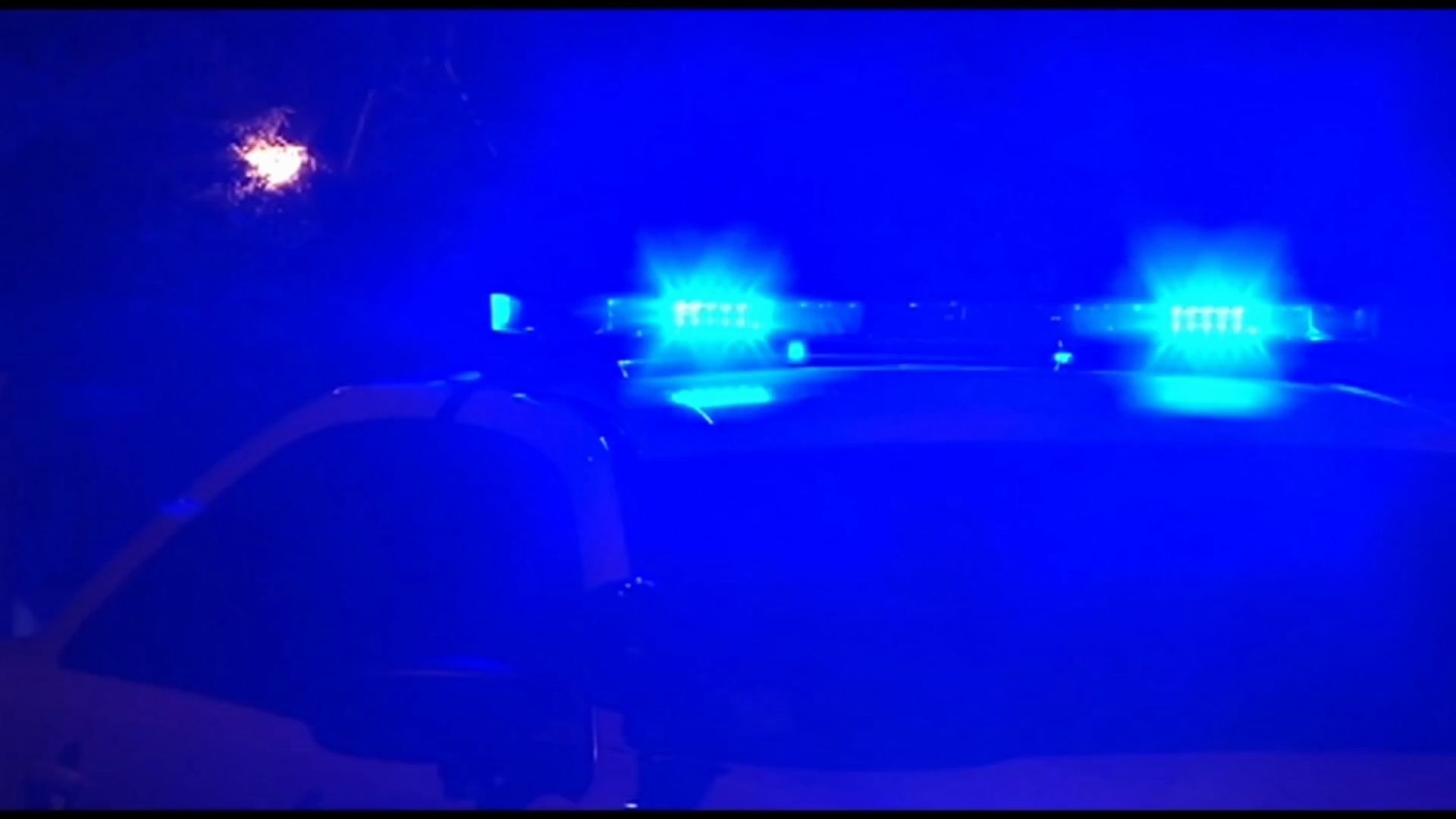Former radio DJ and Chicago icon Steve Dahl recently penned an op-ed in Crain’s Chicago Business looking back at the ill-fated Disco Demolition Night, a 1979 Chicago White Sox promotion that turned riotous when fans swarmed the field after a crate of disco records were blown up.
It’s the 35th anniversary of that infamous night this weekend, and Dahl took the opportunity to address what he saw as two misunderstood aspects of the story: how it all began, and whether or not the event was intended to be racist and homophobic.
I don't begrudge Dahl the chance to tell his side of the story, but judging from his Crain’s piece, he and I seem to have very different memories of that July night. And while the part about how it all began is fascinating, it’s in Dahl’s insistence that it was all harmless fun without any deeper meaning is where we part ways.
For those who don't remember or weren’t around back then, the premise was simple. Dahl’s radio station had changed formats from rock music to disco, and, understanding his audience, he helped scheme up a promotional night at a White Sox double-header that involved blowing up disco records.
Local
Sixty thousand people showed up, and, after the records were set ablaze in center field, they swarmed down out of the seats and onto the field, causing the Sox to forfeit the second game.
I was one of those 60,000. Even though I was a die-hard Sox fan, most of those who showed up could have cared less about baseball. What mattered was a more fundamental issue: Rock music, and the lifestyle and values that went with it, was under attack from an alien music and culture popular with black folks and, occasionally, gays.
To understand this, you have to remember what it was like in 1979 Chicagoland—in both the city and suburbs. The truth is that the racial climate was very different than it is today, particularly among a certain segment of white lower- and middle-class people. I was 15 years old in the summer of 1979, part of that demographic, and I have very vivid memories of the fears my parents and others had back then that blacks would one day take over every white neighborhood in existence.
It was an extension of the narrative that had grown up around the idea that over the past 50 years or so, poor blacks had pushed out wealthier whites from large parts of the South and Southwest sides of the city, not far from where my suburban childhood took place. It was part of everyday conversation back then, discussed as both fear and surprise that a group of undesirables could threaten what was seen as a birthright of racial intolerance and isolation.
For young people like me, rock music was actually a big part of this idea, or was at least related to the demographic, economic and political changes we could see happening around us. Rock music supposedly meant freedom, at least in the right to grow our hair long and do recreational drugs at will. But it was also part of who we were, and the place we felt we held in our culture and society.
But by 1979, rock itself had grown old and stale, even though we didn't realize it at the time. We still wanted to cling to our long guitar solos, pounding drums and heroes in tight pants to reign supreme for a long time to come, the rest of the world be dammed. Popular music culture was ripe for a takeover, and disco just happened to be the next thing that came along. But we didn't like it, and gleefully poured scorn and derision on a culture whose fans were regular citizens and neighbors, just like us.
As a result, 60,000 kids happily paid 98 cents to see a man dressed in Army fatigues and riding a Jeep blow up their hated musical enemies that warm summer night. Even though we didn't say it in these terms, we certainly didn’t want black folks to take over our rightful place at the top of youth culture, as expressed in radio airtime, TV specials and concerts in places like Comiskey Park.
Because, in the end, the chance to yell “disco sucks” meant more than simply a musical style choice. It was a chance to push back on a whole set of social dynamics that lied just beneath the surface of a minor battle between a DJ and a radio station that decided to change formats.
More importantly, it was a chance for a whole lot of people to say they didn't like the way the world was changing around them, or who they saw as the potential victors in a cultural and demographic war.
And, from the perspective of 35 years later, its hard to believe few if any of those who organized the event didn't see that underlying reality for what it was. Or perhaps still continue to cling to the idea that it was all harmless fun.
Or simply a good idea gone bad when it went out of control.



